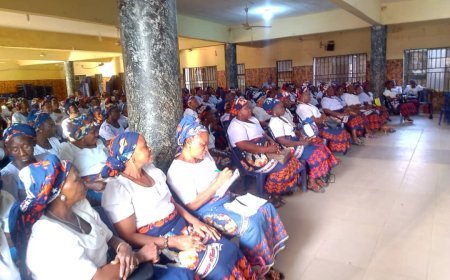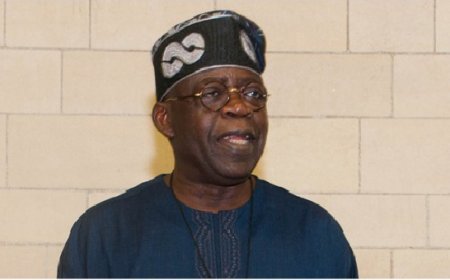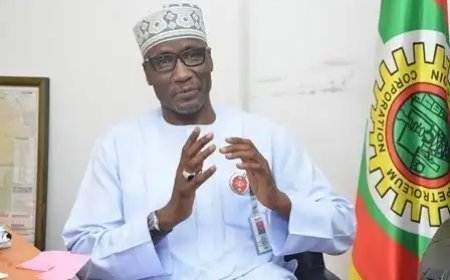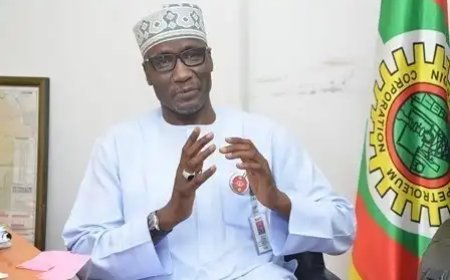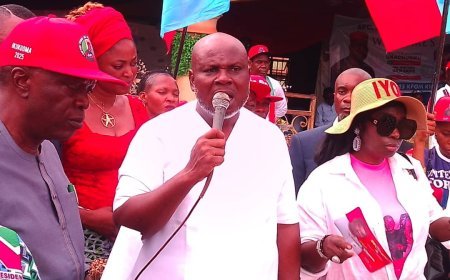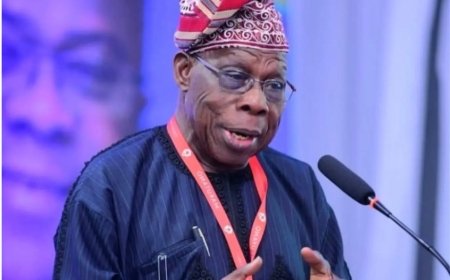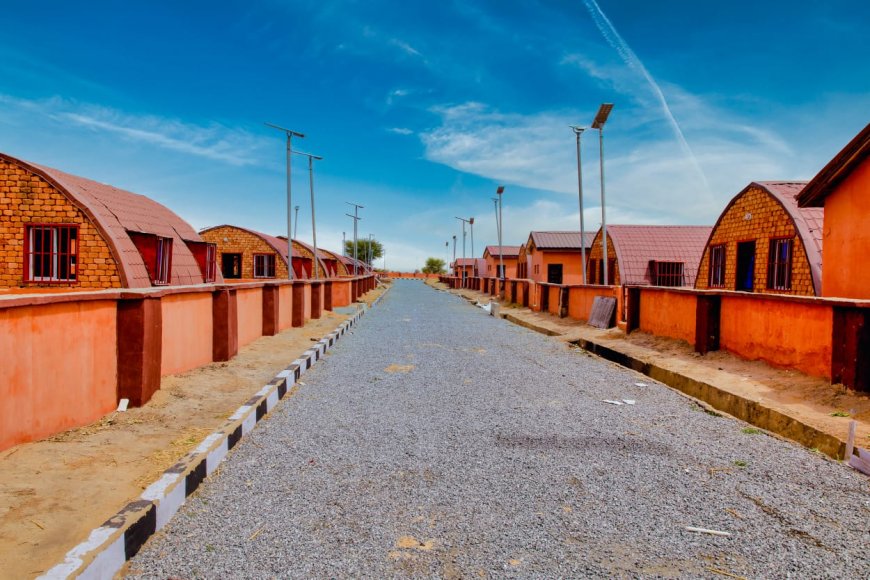Time to Rethink Nigeria’s Agriculture

By Ernest Omoarelojie
Nigeria’s landmass is estimated to be about 356,668m sq miles, approximately 923,7770m sq kilometres. According to a 2024 World Bank report, covering 2021, 40.48 per cent of it, comprising 36. 872m hectares, is arable. Sadly however, only 6.6m hectares is under cultivation while a massively huge 25.2m hectares of cultivate-able grassland is under pasture.
By every stretch of the imagination, Nigeria is not only endowed with some of the most economically viable natural resources, the country also boasts of one of the most clement climates or weather available anywhere across the globe. It is such that even as there is a progressive reduction in precipitation (rainfall) along the perimetres of its three climatic zones-tropical monsoon of the southern divide, tropical savannah around the greater part of its central region, and the sahel and or semi-arid climate of the north, its climate is not only very suitable for all year round agricultural activities, including food production, the land mass is so arable that it requires little propping to be cultivated for high yields.
Given the primacy of agriculture, it is not a surprise that successive federal governments thought it fit to initiate some seemingly appropriate policies, including the establishment of agricultural institutions. Arguably, they were established to help engineer a revolutionary food production process, taking into account global trends in the sector. Over the years however, the focus dipped so badly that even as potentials remained high, food production went down abysmally low.
The result is that amidst plenty, more than half of the country's population live in abject poverty, lack and sadly, hunger. Remarkably, a few indicators still exist that suggest a possibility that things can turn around for the better given the country’s potential for food production. This much was recently demonstrated by the management and students of the Kwara State Polytechnic when they harvested 25 tonnes of maize from the institution’s farm, a bountiful harvest estimated by market survey to be worth a princely N30m.
Year after year, the federal government and the 36 federation states, the Federal Capital Territory, FCT, added, spend billions of the country's ever dwindling resources on agriculture. But year after year, the result remained so ridiculously unreflective of the amount, the most glaring evidence being the approval given by President Bola Ahmed Tinubu for the country to import food items the country can produce locally, to help assuage the debilitating hunger ravaging the land. Nigeria has about 50 Colleges of Agriculture, excluding Kwara State Polytechnic, spread across the six geopolitical zones for obvious reasons.
For their strategic relevance, at least on papers, some are owned by the federal governments, others by the various state governments. It is better to imagine what the impact will be if, in their various fields of specialization, each of them is producing half as much as Kwara State Polytechnic has demonstrated.
The appalling state of Nigeria’s food production status, despite the country's huge potential in agriculture, is a crying shame. Without any sense of continuity, successive administrations simply ignored the very imperative need to keep up with previous administration’s policies in the sector that are capable of turning the tide.
For instance, the Muhammadu Buhari administration took a cue from its predecessor by placing much emphasis on improving local food production. Though harsh, the ban on a number of food items on which the country even has economy of scale was adjudged worthy of plaudits. Greatly, the policy was given much verve by the productive initiatives of the Goodluck Jonathan administration, as engineered by then minister of Agriculture, Dr Akinwunmi Adesina, who currently holds sway at the African development Bank.
It is on record that Dr Adesina openly spoke against the import policy when it was announced. Suffice to state here that with the import policy, the Tinubu administration appears to have undermined the gains recorded by previous administrations even when it ought to have known that the policy is a knell on the country's domestic food production efforts as pursued by its immediate predecessors.
The current situation with the sector also highlights a glaring but unfortunate trend, one that must change if the country is going to make any headway in food production.
The first is that the country cannot afford to have individuals with procurement mentality as ministers heading the sector. With such characters on board, it is very unlikely any attention will be paid to policies with potentials for positive results which Nigeria, a country in dire strait in terms of food production, needs very urgently.
The current minister’s poor understanding of what is required was amply demonstrated when he actually celebrated the import policy rather mourn the death of reason which produced it. It is still very difficult to understand how he failed to see how disastrous the policy is for a country like Nigeria where lack of productivity remains the bane of the poor run of its currency against, for instance, the almighty Dollar.
For not recognizing the productive potentials in the sector, a reason why he could not advise against the import policy, he ought to be wearing sack clothes by now knowing the disservice he did to the nation and citizenry, particularly for not advising against the policy. On the other hand, he should have resigned his appointment honourably the moment the was adopted against his counsel, assuming he counseled against it.
Given the procurement mentality of most of the ministers that head the sector, crude oil has remained Nigeria's major foreign exchange earner. This is in spite of the reality in the global oil market where there are too many producers, including the fact that Nigeria is hardly able to meet its production quota.
For the now, Nigeria urgently needs to reset its agriculture given the food crisis ahead. To begin with, the country must place emphasis on the quality while searching for those to head the sector. It can no longer afford to hand over the sector to politicians and politics-tainted professionals. The emphasis must be on core professionals.
As a matter of urgency, Nigeria needs individuals with the kind of mentality displayed by the head of Kwara State Polytechnics. Only such individuals understand how productive and economically viable the country will be with huge potentials available in the sector. Well harnessed, the country will be in a better stead to take its rightful position as Africa's pathfinder.
What is more, the country will no longer have ministers who ignorantly celebrate mediocrity and ineptitude by not opposing policy decisions, like the current import order, that are against the country’s production growth.
What's Your Reaction?




















